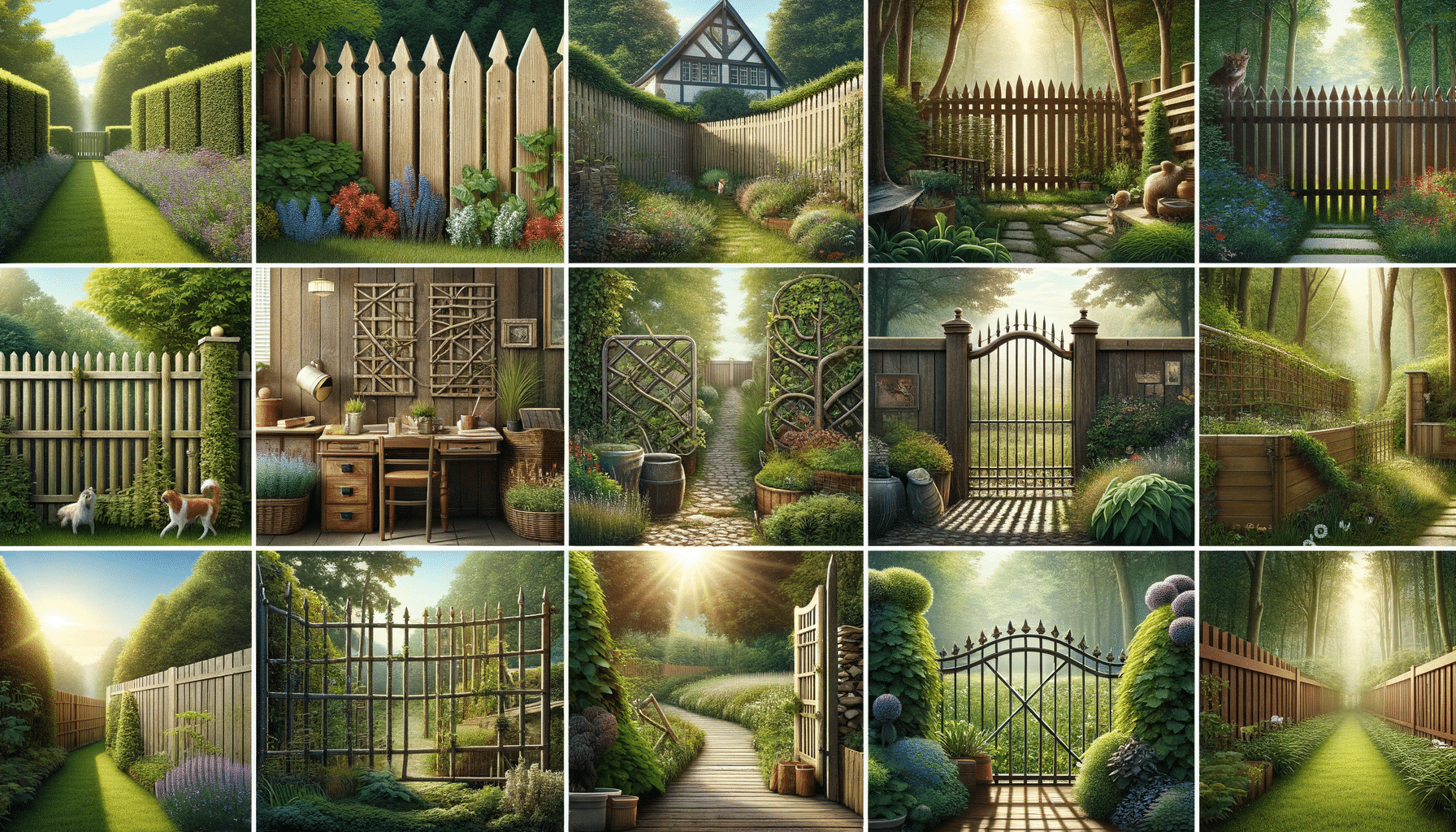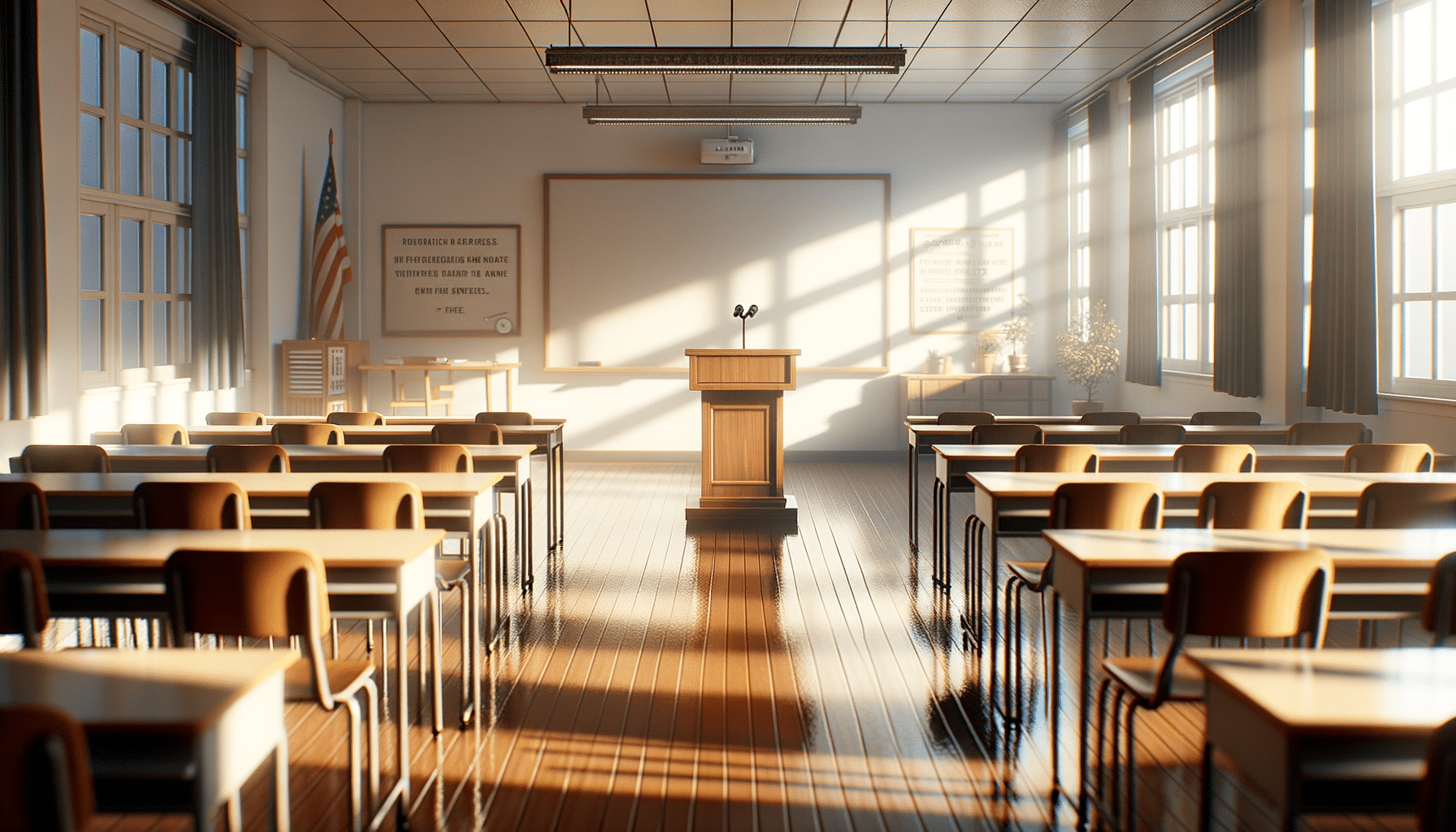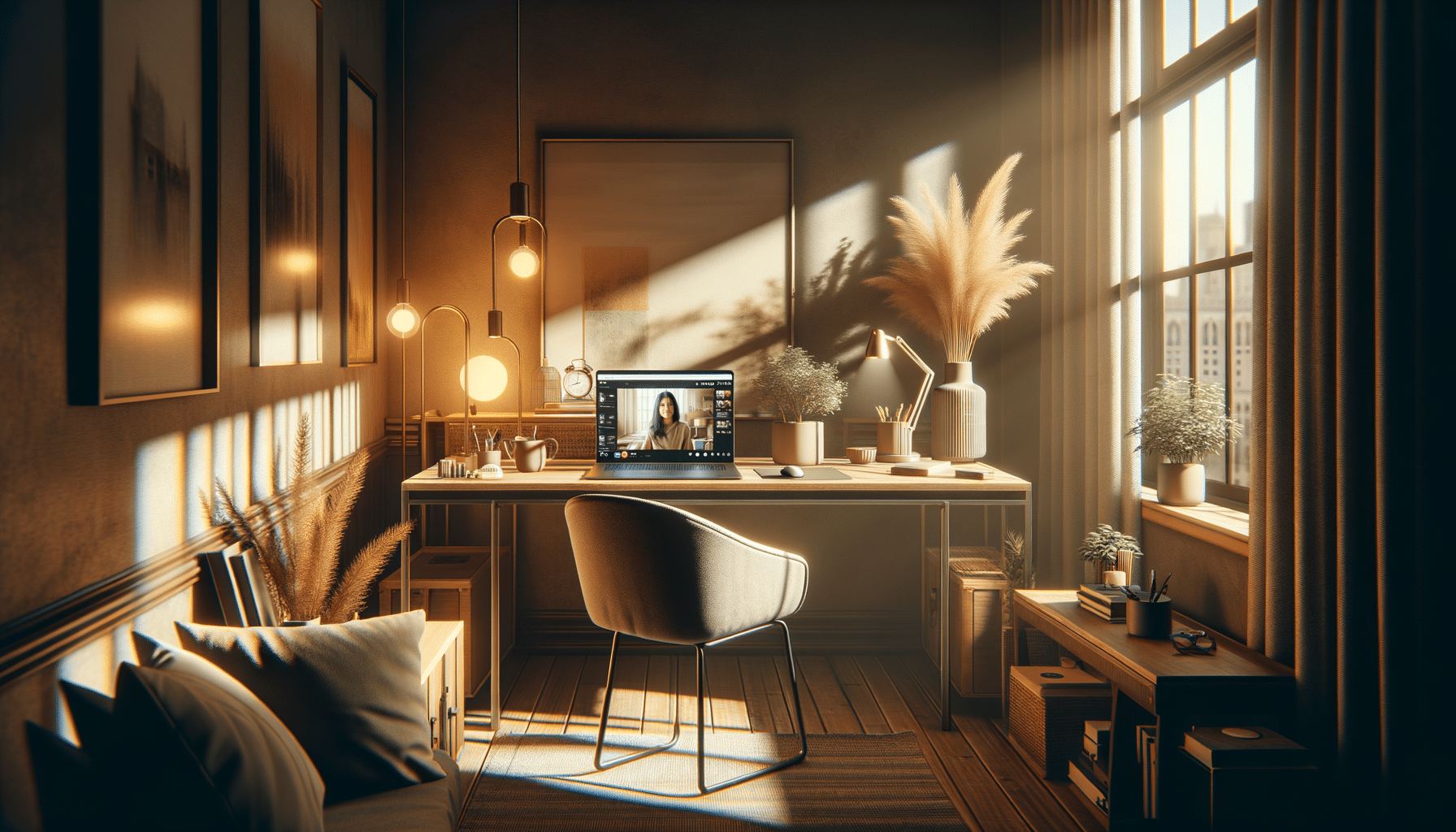
The Ultimate guide for garden fences
Introduction to Garden Fences
Garden fences are more than just barriers; they are essential components that define the boundaries of your outdoor space, provide security, and enhance the aesthetic appeal of your garden. Whether you’re a gardening enthusiast or a homeowner looking to improve your property’s curb appeal, understanding the various aspects of garden fences can help you make informed decisions. This guide delves into the importance of garden fences, exploring their types, materials, installation, and maintenance, offering a comprehensive overview for anyone looking to invest in them.
Types of Garden Fences
Garden fences come in a variety of styles, each serving different purposes and offering unique benefits. The choice of fence largely depends on your needs, budget, and personal preferences. Here are some common types of garden fences:
- Wooden Fences: Known for their classic appeal, wooden fences are versatile and can be customized to suit various styles. They offer privacy and can be painted or stained to match your garden theme.
- Vinyl Fences: These are durable and low-maintenance, making them a popular choice for modern homes. Vinyl fences are resistant to weather and pests, ensuring longevity.
- Metal Fences: Often made from aluminum or wrought iron, metal fences are sturdy and provide a high level of security. They add a touch of elegance and are ideal for ornamental gardens.
- Bamboo Fences: For an eco-friendly option, bamboo fences are sustainable and offer a natural look. They are lightweight and easy to install.
Choosing the right type of fence involves considering factors such as the level of privacy needed, the climate of your area, and the overall design of your garden.
Materials Used in Garden Fences
The material of your garden fence not only affects its appearance but also its durability and maintenance needs. Here are some commonly used materials in garden fences:
- Wood: A traditional choice, wood provides a natural and warm look. It requires regular maintenance like painting or sealing to prevent rot and insect damage.
- Vinyl: Made from PVC, vinyl is a low-maintenance option that doesn’t require painting. It’s resistant to weather and pests but can be more expensive than wood.
- Metal: Metals like aluminum and wrought iron offer strength and security. They can be powder-coated for added protection against rust.
- Bamboo: A sustainable and lightweight option, bamboo is easy to install and offers a unique aesthetic. It’s best suited for decorative purposes rather than security.
Each material has its pros and cons, and your choice should reflect your garden’s needs and your willingness to maintain it over time.
Installation and Maintenance of Garden Fences
Installing a garden fence requires careful planning and execution to ensure it meets your needs and enhances your garden’s beauty. Here are some steps and tips for successful installation and maintenance:
- Planning: Determine the purpose of your fence, measure the area accurately, and choose a style and material that fits your garden’s design.
- Installation: Depending on the type of fence, installation may require digging post holes, setting posts in concrete, and attaching panels. It’s advisable to hire professionals for complex installations.
- Maintenance: Regular maintenance is crucial to extend the life of your fence. Wooden fences may need repainting or sealing, while metal fences require rust prevention treatments. Clean vinyl fences with soap and water to maintain their appearance.
Proper installation and maintenance ensure that your garden fence serves its purpose effectively and remains a valuable asset to your property.
Benefits of Installing Garden Fences
Garden fences offer numerous benefits that go beyond mere aesthetics. Here are some key advantages of installing a garden fence:
- Privacy: Fences provide a sense of privacy, allowing you to enjoy your garden without prying eyes.
- Security: They act as a deterrent to intruders and protect your property from unauthorized access.
- Boundary Definition: Fences clearly mark property lines, preventing disputes with neighbors.
- Wind and Sound Barrier: Some fence types can reduce wind and noise, creating a more peaceful garden environment.
- Decoration: A well-chosen fence can enhance the visual appeal of your garden, complementing its design and theme.
By understanding the benefits of garden fences, you can make an informed decision that enhances both the functionality and beauty of your outdoor space.
Conclusion: Making the Right Choice for Your Garden
Choosing the right garden fence involves considering various factors such as style, material, and purpose. By understanding the different types of fences, their materials, and the benefits they offer, you can select a fence that meets your needs and complements your garden’s aesthetics. Whether you seek privacy, security, or simply a decorative element, a well-chosen garden fence can transform your outdoor space into a sanctuary. Invest time in planning and maintaining your fence to ensure it remains a valuable part of your home for years to come.


